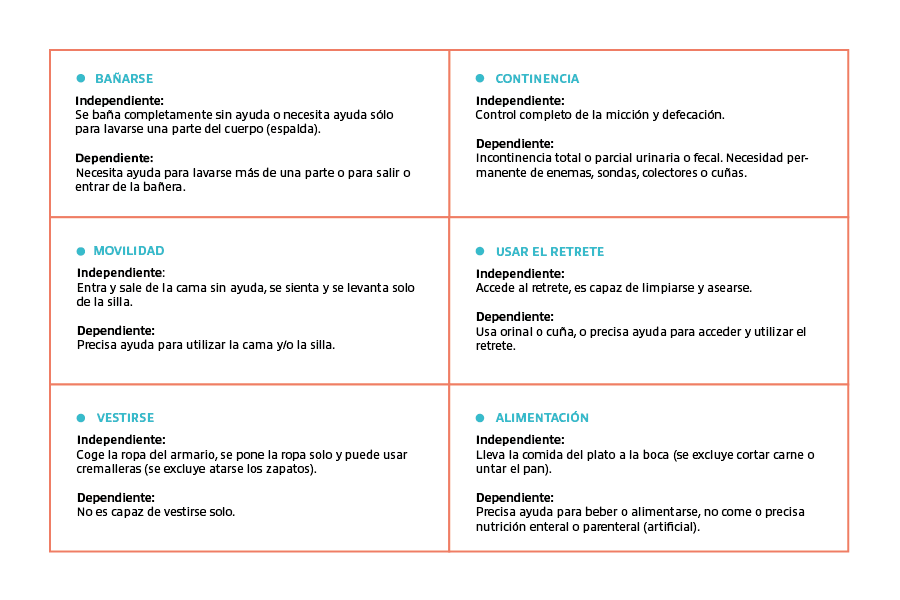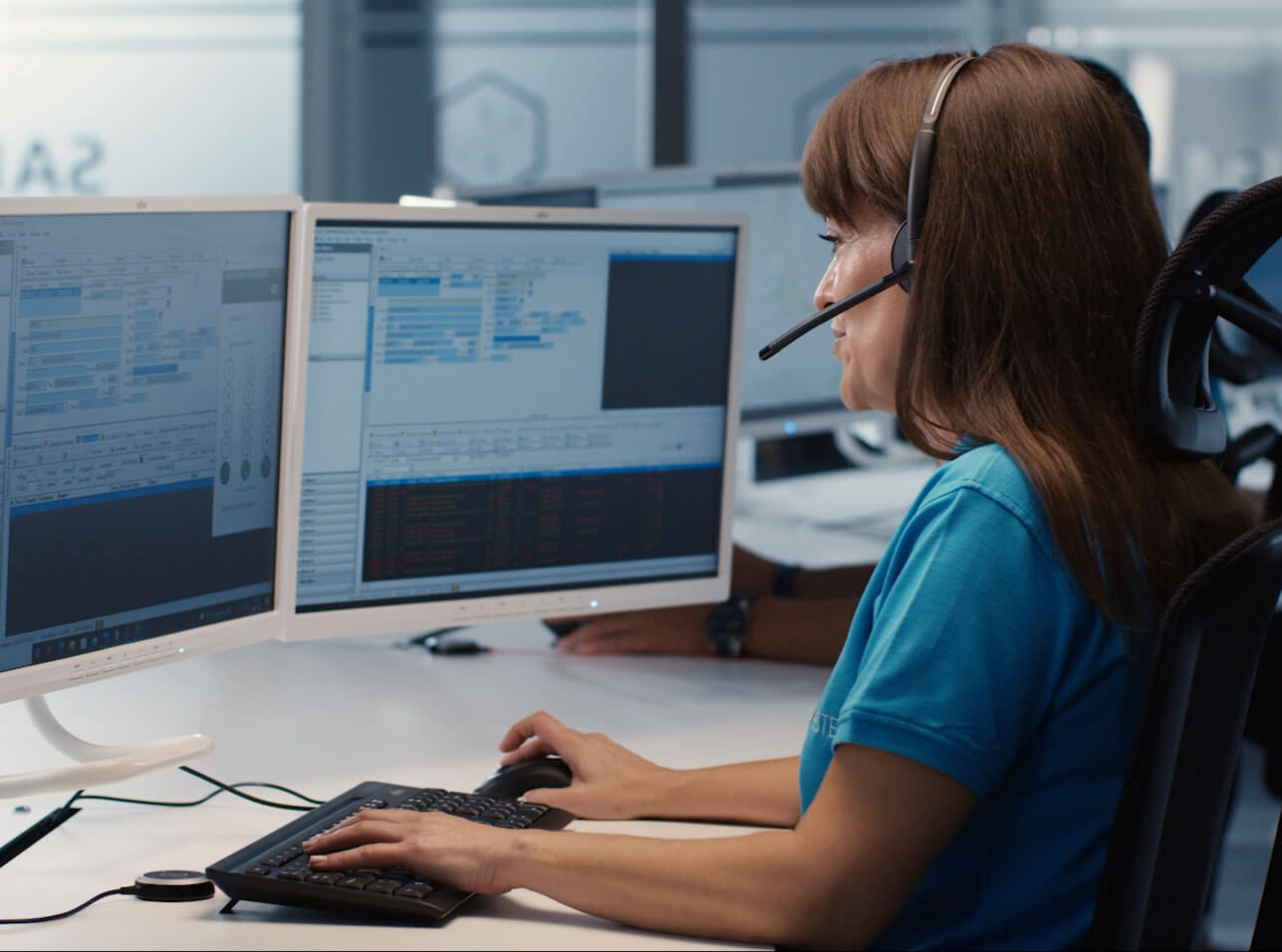When it comes to caring for a loved one who requires assistance, there are often two options: hiring a professional caregiver or relying on a family caregiver. Both options have their advantages and disadvantages and the final decision will depend on the individual needs of each family.
What are the differences between a family caregiver and a professional caregiver?
A family caregiver is a person close to the patient who assumes responsibility for caring for their loved one on a regular basis. This may include tasks such as helping with personal hygiene, feeding, administering medications, performing household chores and accompanying to medical appointments. Often, family caregivers are children, spouses or close relatives who live in the same house or near the patient.
On the other hand, a professional caregiver is a worker hired to provide care a patient at home or in a care setting. Professional caregivers may have a specific training in medical care and be trained to handle emergency situations. They may also be available to work at specific times and to cover different needs, such as specialized nursing services.
Now, is a family caregiver better or a professional caregiver? Generally speaking, both options can be effective, but the final decision will depend on the needs of each family.
Family caregivers can offer a more personalized and close experience, as they know the patient well and can provide a greater degree of emotional comfort. In addition, they may have greater flexibility in terms of the patient's schedule and needs, as they are not subject to work restrictions. However, family caregivers often lack training in health care, which may limit their ability to handle certain situations.
In contrast, professional caregivers can provide high-quality care and have more experience in emergency situations. They may also offer specialized services, such as physical or occupational therapy. However, professional caregivers may be more expensive and offer less personalized service than family caregivers.
Requirements for non-professional family caregivers
The requirements to be a family caregiver vary according to the country and the applicable legislation, but in general some common points can be mentioned:
- Be of legal age and in full use of mental and physical faculties.
- Have a degree of kinship or close relationship with the dependent person.
- Not working or having a reduced working day to be able to adequately care for the dependent person.
- Having the time and knowledge necessary to provide the care required by the dependent person.
- Demonstrate that you have the ability to provide care and that you are not in breach of legal obligations, such as paying taxes or Social Security contributions.
- In some cases, it may be necessary to take some type of course or training in order to be recognized as a family caregiver and access certain benefits or assistance.
It is important to note that although family caregiving can be a rewarding job, it can also be very demanding and can be physically and emotionally draining.
For this reason, it is important that family caregivers have access to resources and supports for support to enable them to carry out their work in an adequate and sustainable manner.
Situations in which a family caregiver can intervene

Benefits and assistance for family caregivers
The economic benefit for the care of a family member is intended to support the family caregiver in his or her task of maintaining the dependent person at home. This benefit is received by the dependent person and is intended to cover the expenses generated by his or her care.
To be eligible for this benefit, the dependent person must meet certain requirements. First, he or she must be cared for by a non-professional family caregiver. In addition, his or her home must be adapted to the necessary habitability requirements according to his or her degree of dependency. Finally, the appropriate living conditions expressed in Article 14.4 of Law 39/2006, of December 14, 2006, on the Promotion of Personal Autonomy and Care for Persons in a Situation of Dependency, must be met.
Likewise, there are a series of technical aids for people with diversity on the market that facilitate the performance of daily tasks that a person cannot do on his or her own, when he or she has a mobility, communication or sensory deficit.
Conclusions
As a family caregiver, you may feel overwhelmed or overwhelmed at times. Fortunately, there are benefits and supports available to help you provide the best possible care for your loved one.
Advanced telecare is a form of healthcare that uses state-of-the-art technology to keep people safe and well cared for. This service allows healthcare professionals to closely monitor their patients without having to be physically present at all times.
One of the greatest benefits of advanced telecare is that it helps prevent and quickly identify falls. This is especially important for people with functional diversity, who are at increased risk of serious injury due to falls. Sensors and tracking devices can detect when a person is in danger and alert caregivers or healthcare professionals accordingly. In this way, caregivers can take quick and effective action to prevent falls and reduce the risk of injury.

